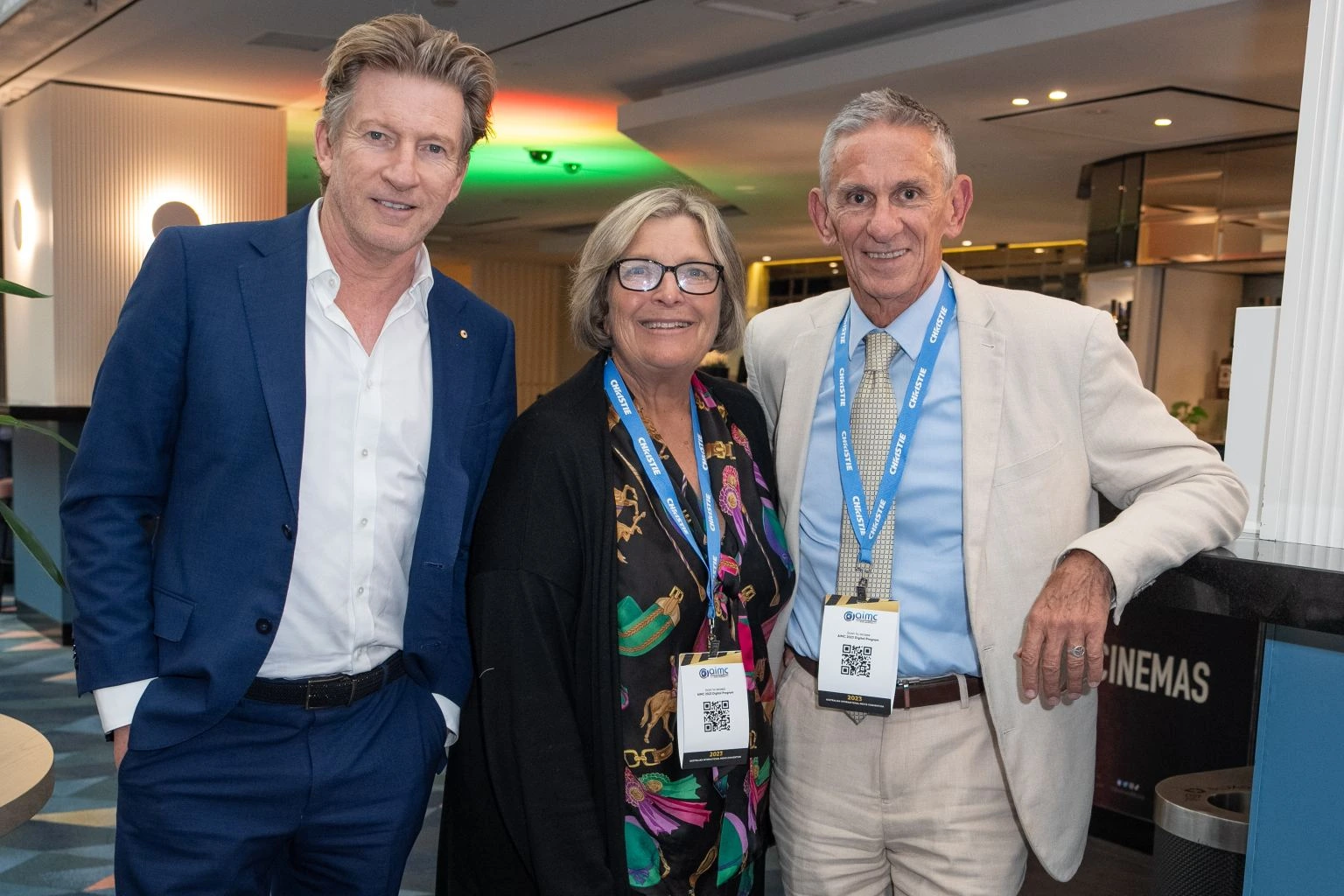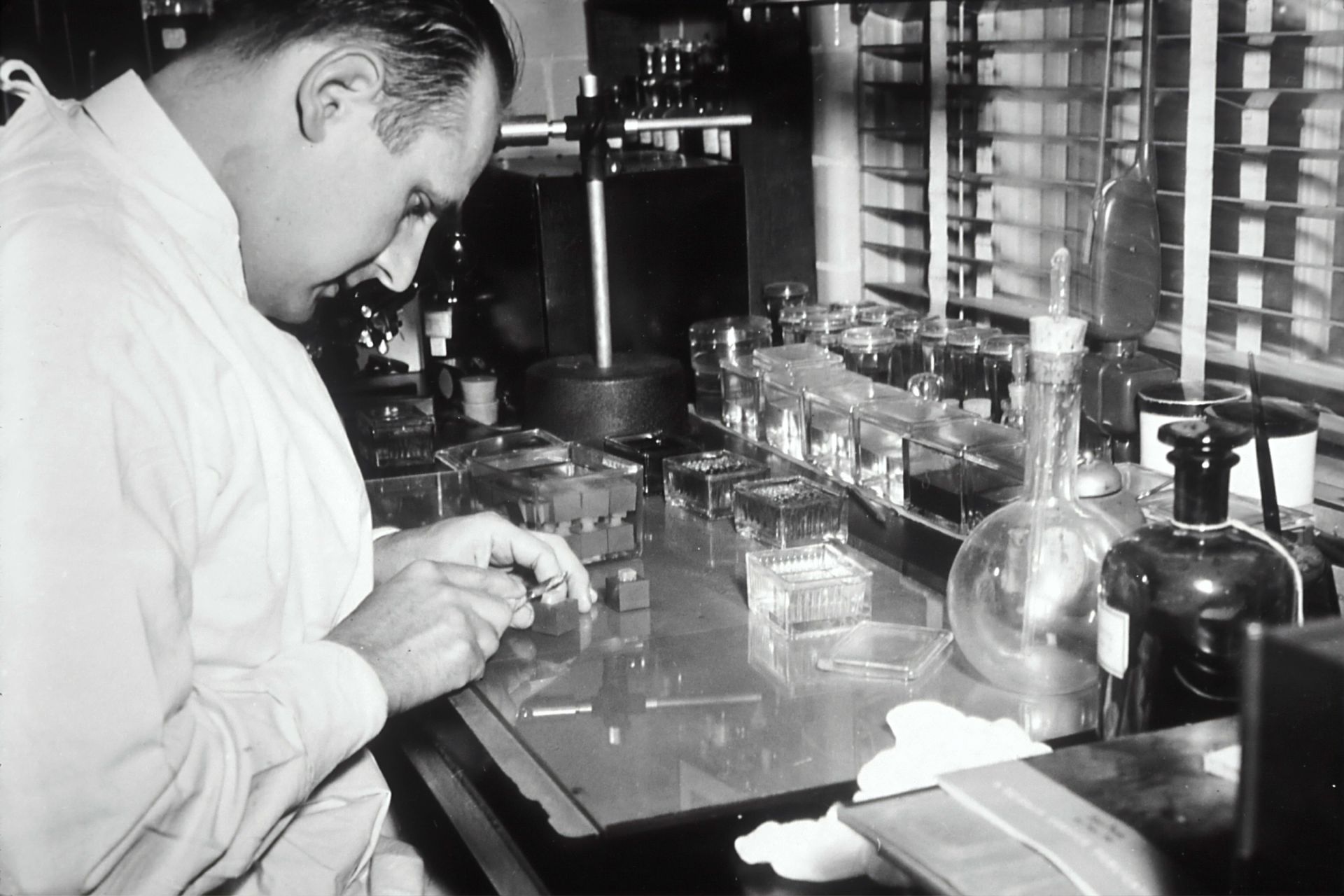Last week the Supreme Court ordered the Queensland Parole Board to pay convicted bank robber Brenden Abbott’s legal costs because it failed to make a timely decision on his parole application. The Board had sat on Abbott’s application for 389 days, unable to decide whether or not it should release the so-called ‘Postcard Bandit’.
Why? What was the problem? The only answer I have is “It’s complicated.”
Brenden James Abbott was serving a seven year sentence for robbery when he escaped from Western Australia’s Freemantle Prison in 1989. The then 27-year-old jumped the wall with an accomplice in fake guards’ uniforms they had made in the prison tailor shop, and authorities confidently predicted a quick arrest. But although his accomplice was soon rounded up, Abbott remained on the loose for nearly six years. He bankrolled his freedom by committing a string of bank robberies, using his considerable guile and ingenuity to create convincing disguises and manufacture false identification documents, and self-taught electronic skills to defeat often complex bank alarm systems.
His exploits so confounded police efforts that in the early 1990’s a police media unit published a concocted story that Abbott had sent postcards of his travels to Western Australian Police. The story was untrue, but police hoped it might garner public support to track Abbott down. Perversely, it had the opposite effect. To many he became an unlikely hero, a romantic anti-establishment figure thumbing his nose at authority.
When Abbott was finally tracked down on the Gold Coast in 1995 there was much chest-beating and self-congratulation by Queensland authorities, who trumpeted their achievement in bringing the now-famed ‘‘Postcard Bandit” to justice. But the Queensland government was not about to take any chances the former escapee might embarrass them. In an unprecedented step Abbott was confined to effective permanent solitary throughout the ensuing several years of his incarceration, firstly in Wacol’s Arthur Gorrie remand facility, and then the maximum security Sir David Longland Correctional Centre. Confined to a cell three metres square, watched by CCTV surveillance 24/7, Abbott wasn’t going anywhere. Or so they thought.
Abbott escaped from SDL in 1997, with a Queensland State election just around the corner. Predictably, the Labor opposition had a field day, bucketing the Nationals for allowing it to happen. Labor taunted the government with cheeky “Where’s Brenden?” car bumper stickers, underscoring what it claimed was a major government gaff. With the added rising threat of Pauline Hanson’s ultra-conservative One Nation Party breathing down its neck, the government countered with stern promises it would quickly re-capture Abbott and lock him up indefinitely. Corrective Services Minister Russel Cooper announced a new ‘Supermax Solution’, a concept dreamed up by the Americans in the wake of the 1992 LA riots, whereby the ‘worst of the worst’ would be segregated and locked up in solitary confinement on a permanent basis. At the time many lawyers and other commentators argued such policies were counterintuitive to all concepts of rehabilitation and ignored the need to prepare inmates for life after their release. But they were generally ignored as ‘do-gooders’ and ‘civil libertarians’.
As the 1998 state election campaign got underway, with Abbott still at large, politicians on all sides used the ‘Postcard Bandit’ as a poster-boy for their respective law and order credentials. Labor ran election advertising on TV featuring the high-profile escapee, and the political parties went to the polls competing on how tough they could get on Brenden Abbott.
That year the fledgling One Nation Party won 25% of the primary vote in Queensland, sending a terrifying chill through all the major parties. Next time there could be no more mistakes.
When Abbott was re-captured in 1998 he was sent straight to the government’s new ‘Supermax’ facility at Woodford.
In the sixteen years since, he has been mostly held in solitary confinement. His cell has been thoroughly searched on an almost daily basis, he has undergone hundreds of cell changes, and his movements have been restricted and logged by prison officers every fifteen minutes. He is now 53 years old, and has been described by prison guards as ‘a model prisoner.’ Having committed serious crimes he deserved to be locked away for a long time, and he was. But after he served 12 years, he became eligible for parole in 2011. Yet his applications for release in 2011, 2012, 2013 and 2014 were all refused by Queensland authorities. He has now spent sixteen years in prison, more time than most murderers do, most of it in solitary confinement, and no doubt the Parole Board is running out of reasons why he should not be released.
So what’s the problem? Is it policy or politics?
Certainly, no one wants to be politically embarrassed by Brenden Abbott again. But no doubt the answer also lies, at least in part, in the flawed experiment that was the Supermax Solution. As the so-called ‘do-gooders and civil libertarians’ warned all those years ago, segregating people in solitary confinement and maximum security conditions, does nothing to prepare them to be good citizens, and provides authorities with no insight into how they will perform on the outside. Ironically, the harsh solitary confinement conditions forced on Abbott against his will, may now be the very thing preventing his release.
As I said, it’s complicated.












